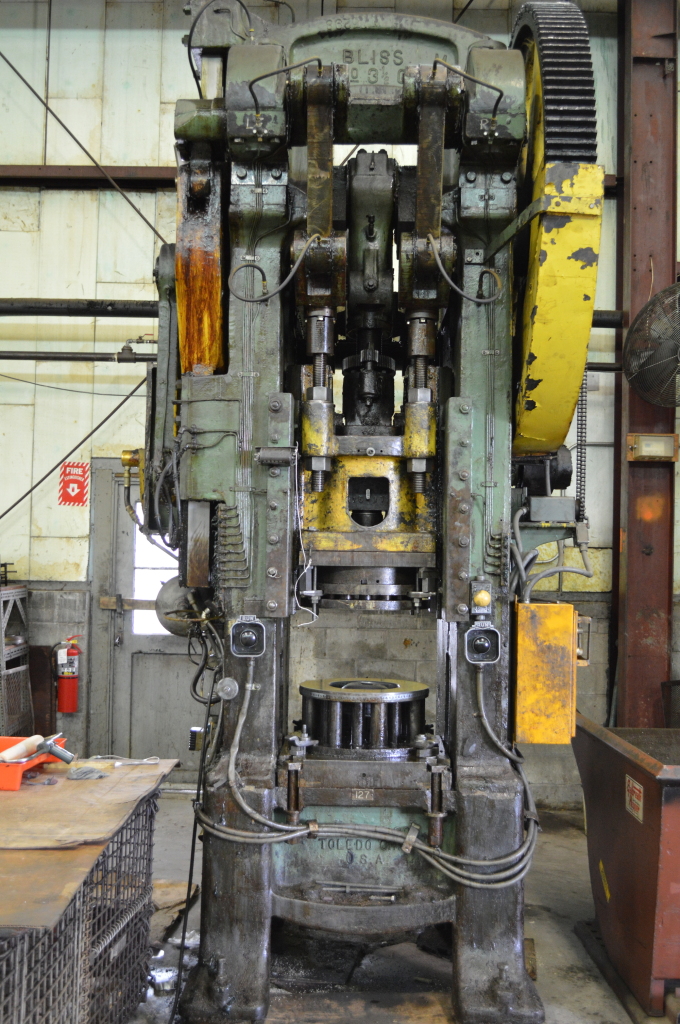Metalworking is one of the oldest trades in the world, stemming from the metal smith craft that dates back to pre-industrialized times. There are a wide variety of career paths available in the field of metalworking. Below, find details on three of the most popular occupations.
Machining
 Precision machining (also referred to as machining) involves the production of components. This field requires skilled production workers, ranging from tool and die makers to machine programmers to engineers. A NAM/NIMS-recognized certificate, a certificate from an accredited operations school, or a two-year associate’s degree in manufacturing is often the general minimum educational requirement for this field. Solid math skills are another basic requirement for jobs in precision machining. Machinists can be expected to know the ins and outs of handling various heavy machinery, processing sheet metals through and helping craft each product.
Precision machining (also referred to as machining) involves the production of components. This field requires skilled production workers, ranging from tool and die makers to machine programmers to engineers. A NAM/NIMS-recognized certificate, a certificate from an accredited operations school, or a two-year associate’s degree in manufacturing is often the general minimum educational requirement for this field. Solid math skills are another basic requirement for jobs in precision machining. Machinists can be expected to know the ins and outs of handling various heavy machinery, processing sheet metals through and helping craft each product.
Similar jobs and titles: Tool & Die Maker, CNC Machine Programmer, Production Manager
Salary range: $41,000 to $57,000
Fabricating
Metal fabrication is a highly trade-driven field, requiring fabricators to work with their hands to manipulate raw materials or components to produce finished metal products. Metal fabricators may also work with computers, robots, and other devices on an assembly line to assist in mass production of finished metal products. Typically, metal fabrication jobs require a minimum of a high school diploma, though more training or an associate’s degree from a technical school may be required for a more advanced position. Trade workers in fabrication can be expected to work closely with tools that manipulate various metal types, potentially including lasers, welders and cutters.
Similar jobs and titles: Welder, Boilermaker, Pipefitter, Blacksmith, Iron Worker (Steel Erector)
Salary range: $24,000 to $55,000
Operations
Metalworking operations involve a variety of workers, from machine operators to plant managers. As with most careers in metalworking, a two-year associate’s degree or a training certification is typically a basic requirement. For more advanced positions, a bachelor’s degree may be required or preferred, though experience with CNC mechanical equipment may be a viable substitute for education. Other positions may require familiarity with CNC machining and prototyping. It’s helpful to also have a working knowledge of forklift operations and the ability to use the many operations tools and equipment.
Similar jobs and titles: Machine Operator, Quality Assurance, Heavy Equipment Operator, Shop Supervisor, Plant Operations Manager
Salary range: $27,000 to $67,000
For more information, read about the tips and tools you will need to help get your metalworking career underway.
